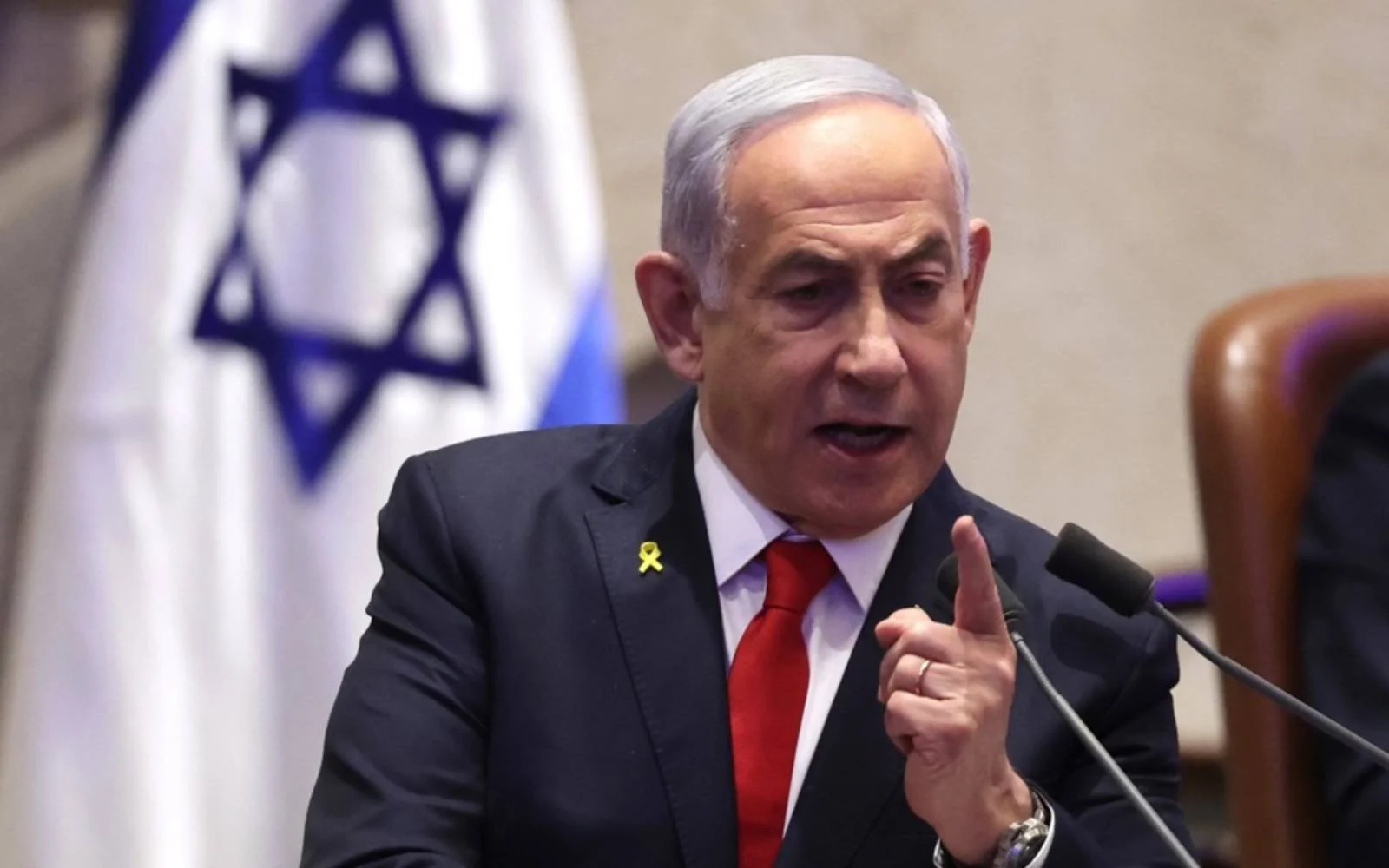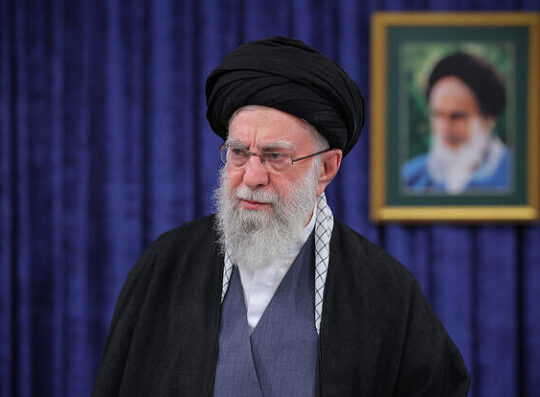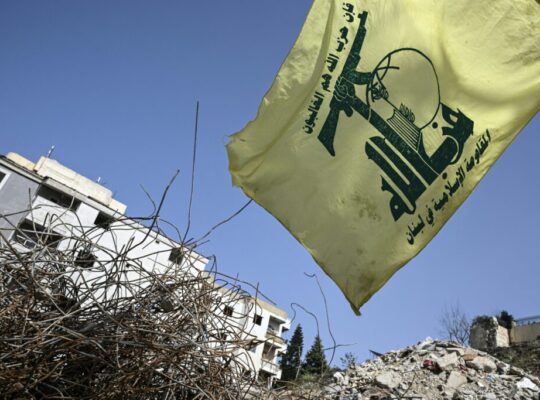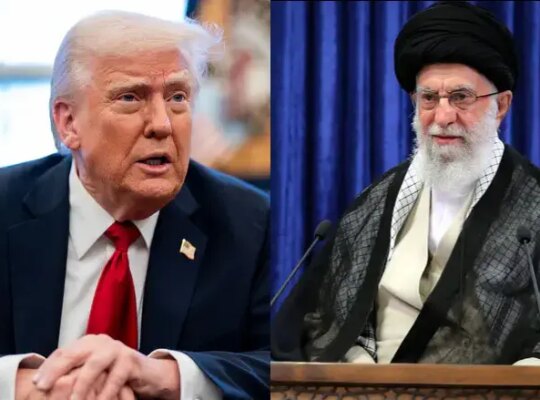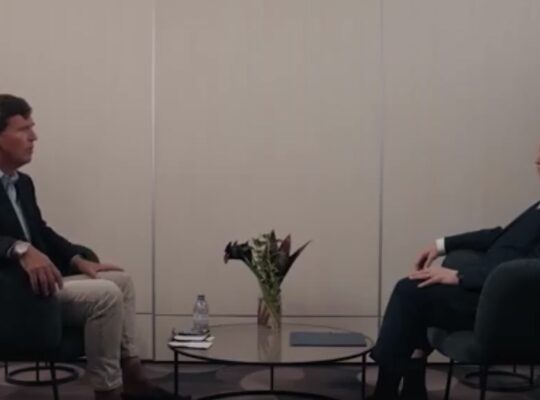Israeli Prime Minister Benjamin Netanyahu’s coalition dodged a bullet early this morning when last-minute negotiations with ultra-Orthodox parties helped defeat Knesset dissolution bills that could have triggered Israel’s first wartime election in decades.
Sixty-one lawmakers voted against the dissolution proposal while 53 supported it, after agreements reached in talks led by MK Yuli Edelstein, chairman of the Knesset’s Foreign Affairs and Defense Committee, appeared to pull Haredi representatives back from their threats to support dissolution.
“I am pleased to announce that after lengthy discussions, we have reached agreements on the principles that will form the basis of the Draft Law proposal,” Edelstein confirmed after the vote. “As I have said all along, only a genuine bill will come out of the committee I chair. This is historic news, and we are on the way to a real correction in Israeli society and to strengthening the security of the State of Israel.”
Behind Thursday’s dramatic showdown lay months of political debates over one of Israel’s most divisive issues. Ultra-Orthodox parties have demanded legislation formalizing exemptions for yeshiva students from mandatory military service, while secular and religious Zionist lawmakers insist such exemptions are no longer tenable during wartime.
Edelstein has emerged as a key player in this standoff, refusing to advance any draft legislation without significant sanctions against those who avoid service. His position has frustrated Netanyahu, who needs Haredi support to maintain his coalition, while also drawing praise from military families and secular voters demanding equal sacrifice.
Sources in United Torah Judaism initially signaled “positive progress” following their meetings with Edelstein, with party representatives suggesting there remained “a chance to postpone the vote on dissolving the Knesset.” However, deep divisions within the ultra-Orthodox political world complicated any unified response.
Rabbi Dov Lando, leader of the Degel HaTorah faction within United Torah Judaism, instructed his representatives to delay any dissolution decision by a week and oppose such votes if brought to the plenum overnight. Similar guidance came from Rabbi Moshe Hillel Hirsch, currently in the United States, who conveyed instructions to Degel HaTorah MKs.
Yet Agudat Yisrael, the other major faction within United Torah Judaism, maintained a much harder line throughout the crisis. Members of this faction stated they intended to vote for Knesset dissolution if the opposition brought it to a vote.
“As of this moment, no draft law or written proposal detailing the law regulating the status of yeshiva students has been submitted,” an Agudat Yisrael statement declared. “Therefore, we are acting in accordance with the clear directive of our revered rabbis, members of the Council of Torah Sages, may they live long, and will support the proposal to dissolve the Knesset if it comes to a vote.”
Recent developments had significantly escalated tensions between Netanyahu and his ultra-Orthodox allies. Leaked recordings published by Channel 13 in early June captured Netanyahu telling senior Haredi Rabbi Moshe Hillel Hirsch that he had specifically replaced Defense Minister Yoav Gallant and former IDF Chief Herzi Halevi to enable passage of Haredi draft exemptions.
“We had enormous obstacles that we removed. You know, when the defense minister is against you and the [IDF] chief of staff is against you, you cannot move,” Netanyahu was heard saying in the March recording. “Now we can move forward.”
Opposition leaders seized on these recordings as evidence of cynical political maneuvering that prioritized coalition stability over military needs. During Thursday’s heated debate, Opposition Leader Yair Lapid delivered a blistering attack on the government’s handling of military service obligations.
“Once again you spat in the face of the IDF fighters,” Lapid declared. “Once again you have sold out our fighters for what? Another two weeks? Three weeks? Haredim had two options tonight: they could have either lost the draft-dodging law, or lost the government. The government helped them choose draft dodging. The government helped them ignore the reservists, and helped them [facilitate] the draft-dodging of tens of thousands of healthy young adults.”
“You will not succeed in this,” Lapid continued. “When coalitions begin to crumble, they crumble. It has begun, and you know it has begun. This is what it looks like when a government is dying.”
Approximately 24,000 draft notices have been issued to Haredi men, yet recruitment numbers remain far below targets. From July to February 2025, only about 1,700 Haredim were recruited, according to military officials who expect to reach roughly 2,800 for the current recruitment year while still falling short of goals.
Israel’s Supreme Court ruled in June that following the expiry of exemption legislation in 2023, the state must begin drafting ultra-Orthodox men. IDF military leaders have emphasized that Israel needs 12,000 additional soldiers, with 7,000 required for combat roles and the remainder for support positions. Current reserve service averages 70 days annually, far exceeding the target of 42 days, creating unsustainable burdens on civilian reservists.
Proposed sanctions for draft avoidance include canceling daycare and housing subsidies, bans on leaving the country, and restrictions on receiving driver’s licenses before age 29.
This legal pressure has forced political leaders to address an issue many preferred to avoid, creating the current crisis as competing factions struggle to balance religious, military, and political concerns.
Source link


